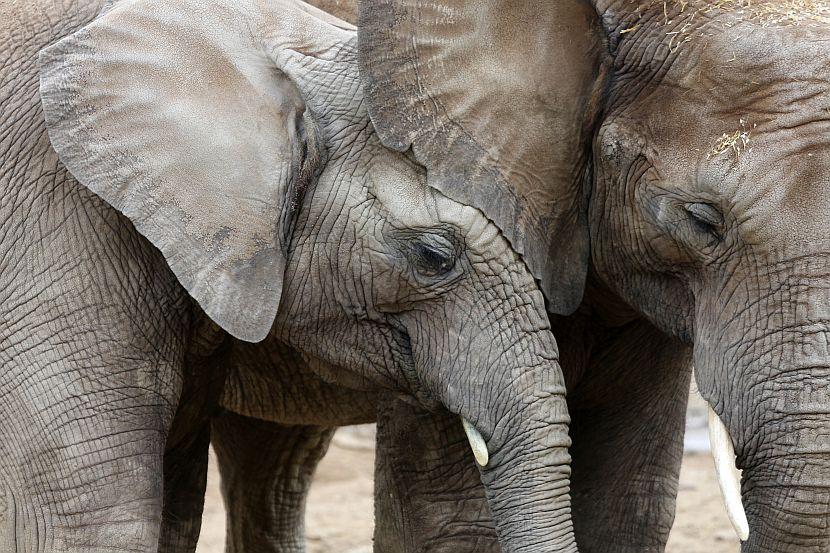World Conservation Day is focused on addressing the problem of poaching and wildlife trafficking around the world. For poachers and criminals it is a huge business, but it is also one that illegally slaughters thousands of animals a year, bringing many species to the brink of extinction and beyond.
The day itself originated with the US State Department. In 2012, then US Secretary of State, Hilary Clinton, called for greater action and awareness to defeat the problem of wildlife trafficking. She highlighted the fact that when wildlife is gone, it is gone, so the criminals and organised gangs of today are robbing future generations of something that cannot be replaced.
The WWF (World Wildlife Fund) joined the call as well, encouraging organisations and individuals concerned with wildlife conservation to get involved. The day itself is marked in December every year.
The Problem Wildlife Faces
The demand for illegal animal parts and products appears to be insatiable. Despite the impact that this demand is having on particular animal species, people continue to want the products. Where there is such a demand, criminal networks get involved to fulfil it. They often get involved in other types of illegal activity as well, showing complete disregard for the protection of animals as long as they are making their millions.
The individuals involved can make many millions. In fact it is estimated that wildlife tracking costs the global economy in the region of 10 billion USD a year.
What Is Being Done
Descriptions of the threats that many animals face paint a picture that is very bleak, however there is good work being done. The WWF, for example, is active around the world, with initiatives and projects on the ground.
One challenge they are trying to address with Wildlife Conservation Day is awareness. Many people around the world regard wildlife trafficking as a crime that happens in far-away countries. It is therefore not high on their priority list. The WWF and others that are involved in Wildlife Conservation Day want to change those attitudes.
The WWF highlights the fact that people are killed as a result of these criminal activities, and local communities are devastated. This is usually because tourism is often a significant industry, but without the animals it can no longer exist.
In addition, the money made through wildlife crime often goes to fund other criminal activities and contributes to corruption in governments. There are health risks too, not least because the products that are bought and sold are often unregulated.
How to Stop Wildlife Crime
The WWF has been involved in wildlife conservation for over 50 years but, despite significant efforts, the problem of poaching persists. It is therefore more important than ever that people get involved. World Conservation Day presents a good opportunity to do that.
In particular it asks people to make a pledge to support its campaigns and get involved in practical ways by, for example, raising local awareness of the main issues. It also encourages people to ensure they are not contributing to the problem by purchasing anything made with illegal wildlife products.











